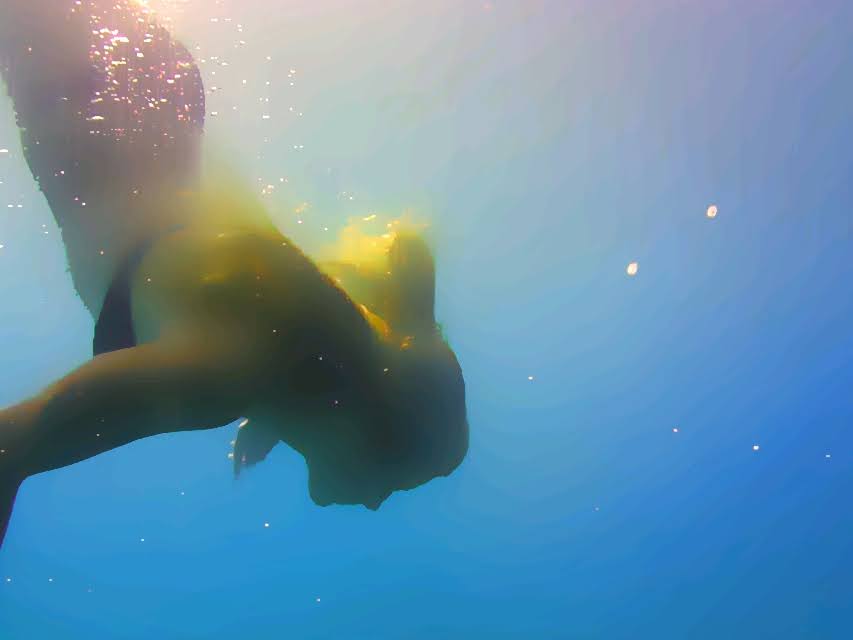
In Aquawareness, the comparison between performance and experience reveals a shift in focus from measurable outcomes to holistic engagement:
Performance
- Traditional swimming emphasizes performance metrics such as speed, efficiency, and mastery of specific strokes. It often involves structured training and goal-oriented techniques145.
- In Aquawareness, performance is de-emphasized in favor of mindfulness and personal exploration. The aim is not competitive success but fostering relaxation, water safety, and intuitive movement56.
Experience
- Aquawareness prioritizes sensory engagement and emotional connection with water. Participants explore sensations like buoyancy, temperature, and resistance to cultivate dual awareness of body and environment136.
- Experience in Aquawareness encourages rediscovery of natural instincts, unlearning rigid techniques, and building a profound connection with aquatic surroundings45.
Conclusion
While performance in traditional swimming focuses on physical achievement, experience in Aquawareness nurtures personal growth, mindfulness, and holistic well-being. This makes it ideal for those seeking deeper self-awareness rather than competitive results.
Citations:
- https://www.fuorimag.it/how-does-aquawareness-differ-from-traditional-swimming-in-terms-of-sensory-experiences/?print=print
- https://www.fuorimag.it/how-does-aquawareness-differ-from-traditional-swimming-in-terms-of-sensory-experiences/
- https://www.fuorimag.it/2025/01/?print=pdf-search
- https://www.fuorimag.it/how-does-aquawareness-differ-from-traditional-swimming-techniques/?print=print
- https://www.aquawareness.net/aquawareness-goals/
- https://www.aquawareness.net/in-what-ways-is-aquawareness-preferable-to-other-holistic-practices/
- https://www.aquawareness.net/aquawareness-principi-e-confronti-con-altre-discipline-olistiche-come-ai-chi-yoga-tai-chi/

